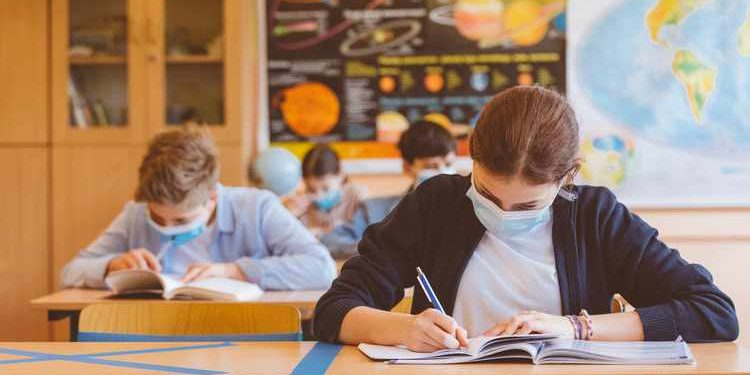With the coronavirus pandemic and the resulting lockdown, many people have undergone financial difficulties. Businesses, sales, and the economy, in general, have suffered considerably. However, this doesn’t mean that basic rights such as the right to education need to be violated by schools.
The Sharjah Private Education Authority (SPEA) has insisted through a circular that education must be continued, even if parents are struggling to pay the fees. Schools in the emirate have been advised to be lenient, and are not permitted to expel students or stop them from attempting their examinations.
To whom does it apply?
Although they are allowed to refuse the issuance of certificates for those who haven’t paid the fees, this circular ensures that the right to education is upheld. It applies to those availing direct as well as distance learning facilities in the private education sector in Sharjah, where the circular has been distributed.
It is only concerning the third and last term of the current academic year 2020-21 which is coming to an end. Students in private schools have their final exams coming up, which will be organized keeping Covid-19 safety measures in mind.

How are the schools expected to be lenient?
The Sharjah Broadcasting Authority (SBA), ‘Sharjah News’ mentioned that the SPEA requested schools to show flexibility when it comes to delays in the payment of tuition fees. The Director of the SPEA, Ali Al Hosani, encouraged schools to follow the procedures according to the instructions in SPEA’S circular No.7 for the academic year 2020-21.
The circular has given all governed institutions certain guidelines or steps for handling late tuition fee payments. It requires the school authorities to have direct communication with the pupils’ parents and/ or guardians. They can be reminded and encouraged to pay the fees as soon as possible.
However, they must be given other alternatives for payment if possible. If not, the due date of payment must be postponed according to the suitability of both the school administration and parents. While such negotiation between the parties is allowed, schools are forbidden from punishing students for non-payment. The settlement must ensure a level of flexibility for the schools and the parents.
What rights do the schools have?
At the same time, Al Hosani claims that through consensual methods, the schools have a right to claim the fees. These private schools are allowed to withhold the year-end report cards as well as transfer certificates from such students. They can also deny the re-enrolment of these students for the next academic year until the financial transactions are carried out and all previous dues are cleared. But students have the right to complete the current school year and should not be the subjects of prejudice.
Ali Al Hosani added that all stakeholders involved in the process of education, parents, guardians, and school authorities, must take care to maintain a participatory and accommodating bond. The SPEA hopes to create a congenial and pleasant environment when it comes to education. There is a need for a healthy ecosystem for spreading knowledge and protecting the right to education. Following the SPEA’s instructions will help foster such a positive atmosphere.




![The Top & Most Popular Seafood Bucket Restaurants in Dubai for you [Never Miss]](https://uae24x7.com/wp-content/uploads/2020/09/8-seafood-in-a-bucket-scaled-e1600739237403.jpg)
![Procedures for Renewing the Driving License in Abu Dhabi [3 Simple Steps]](https://uae24x7.com/wp-content/uploads/2020/07/Capture-9-e1595666454466.jpg)





